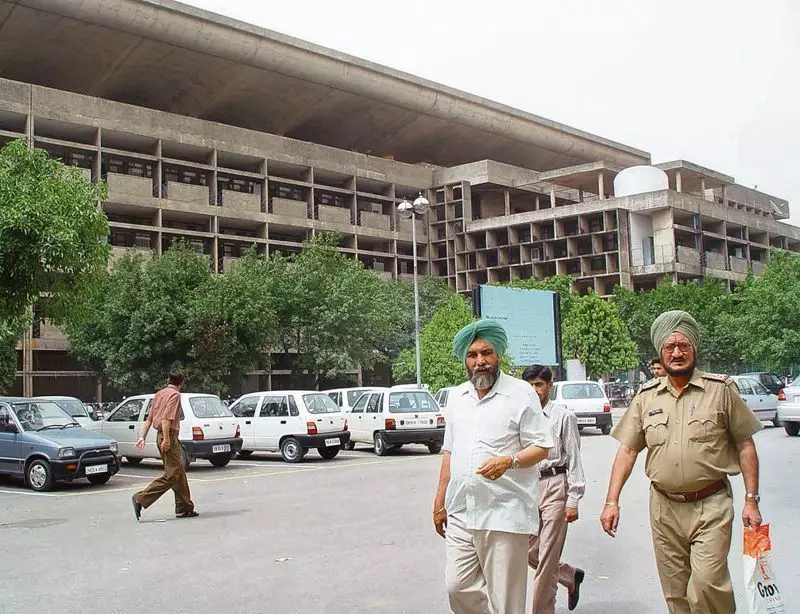
In a significant legal development that has sent shockwaves through the state administration, the Punjab and Haryana High Court has declared Haryana's reservation policy for promotions as unconstitutional and invalid. The court ruled that the state government cannot implement reservation in promotions without first making necessary amendments to the Haryana Civil Services (Executive Branch) Rules.
The Core Legal Issue
The bench, comprising distinguished justices, emphasized that the state's attempt to introduce reservation in promotions through executive instructions rather than proper rule amendments violates constitutional provisions. The court stated that such important policy changes require formal modifications to the service rules themselves.
Background of the Case
The legal challenge was brought forward by government employees who argued that the state's promotion reservation policy was implemented without following due process. The petitioners contended that the government had bypassed the mandatory requirement of amending the statutory service rules, rendering the entire reservation framework legally untenable.
Court's Stern Observations
In its strongly-worded judgment, the High Court made several critical observations:
- Executive overreach in implementing reservation policies without legislative backing
- Failure to follow proper constitutional procedures for such significant policy changes
- The necessity of statutory amendments before implementing reservation in promotions
- Protection of administrative integrity and service rules framework
Implications for Haryana Government
This judgment represents a major setback for the Haryana government's affirmative action policies. The state administration must now either:
- Initiate proper amendments to the service rules through legislative channels
- Potentially appeal the decision in the Supreme Court
- Reconsider its entire approach to reservation in promotions
Broader Impact on Reservation Policies
Legal experts suggest this ruling could have far-reaching consequences beyond Haryana. It establishes a crucial precedent that states cannot implement reservation policies through executive orders alone, ensuring that such significant social policies receive proper legislative scrutiny and follow constitutional protocols.
The judgment reinforces the importance of due process in implementing reservation policies while balancing the need for social justice with constitutional requirements. This landmark decision is likely to influence similar cases across other Indian states facing comparable legal challenges.






